
5 Early Warning Signs Your Body May Be Signaling Can.cer — See a Doctor Before It’s Too Late
5 Early Warning Signs Your Body May Be Signaling Can.cer — See a Doctor Before It’s Too Late
Cancer doesn’t always announce its presence with loud or dramatic symptoms. In fact, many early warning signs are subtle and easily dismissed as minor issues. However, being able to recognize these red flags could save your life. The earlier cancer is detected, the better the chances of effective treatment and recovery.
If you or someone you love is experiencing the following five symptoms — especially if they appear together or persist over time — it’s critical to consult a healthcare professional as soon as possible.
1. Persistent, Unexplained Pain
Pain is one of the most common symptoms in many types of cancer, yet it’s often overlooked — especially if it’s mild or comes and goes. While occasional discomfort may not be alarming, persistent or unusual pain without a clear cause should never be ignored.
For example:
-
Back pain could be a sign of spinal, kidney, or ovarian cancer.
-
Abdominal pain might be associated with colon or pancreatic cancer.
-
Bone pain could be a warning sign of leukemia or bone metastases.
If you experience ongoing pain that doesn't respond to standard treatments or rest, especially if it worsens at night, make an appointment with your doctor.
2. A Cough That Doesn’t Go Away
Most of us associate coughing with colds, allergies, or respiratory infections — and in most cases, that’s true. However, a chronic cough that lasts more than three weeks could be an early sign of something more serious, including lung cancer.
Pay attention to:
-
Dry, unproductive coughs that linger.
-
Coughing up blood or discolored mucus.
-
Shortness of breath, wheezing, or chest discomfort.
Even if you’re a non-smoker, lung cancer and other serious respiratory conditions can occur. A persistent cough warrants professional evaluation, especially when accompanied by fatigue or unexplained weight loss.
3. Sudden, Unexplained Weight Loss
Losing weight without trying might sound like a dream — but in medical terms, unintentional weight loss can be a red flag. Losing more than 10 pounds (about 4.5 kg) without any change in diet or activity level may be an early sign of cancer.
Cancers that often cause weight loss include:
-
Stomach, pancreatic, or lung cancer
-
Leukemia or lymphoma
-
Esophageal and colon cancer
This symptom may occur because cancer cells use up the body’s energy or alter the way the body processes nutrients. Always report unexplained weight changes to your healthcare provider.
4. Unusual Bleeding or Discharge
Bleeding from areas of the body where you normally wouldn’t expect it — or at times when it’s not normal — is never something to ignore.
Examples include:
-
Blood in the stool (could indicate colorectal cancer)
-
Blood in the urine (may point to bladder or kidney cancer)
-
Unusual vaginal bleeding (could signal uterine or cervical cancer)
-
Coughing up blood (possible lung cancer)
While some of these symptoms can be due to less serious conditions like infections or hemorrhoids, any unexplained bleeding should be evaluated by a doctor.
5. Changes in the Skin or a Mole
The skin is your largest organ — and sometimes, it gives early clues when something’s wrong inside. Be alert to sudden changes in moles, freckles, or skin texture.
Warning signs include:
-
A new growth or sore that doesn’t heal
-
A mole that changes in size, shape, or color
-
Skin that becomes itchy, scaly, or bleeds
These could be signs of skin cancer — especially melanoma, which is aggressive but highly treatable if caught early. Don’t wait for it to become painful. Early detection is key.
Final Thoughts: Don’t Wait Until It’s Too Late
It’s easy to downplay discomfort, coughs, or fatigue — especially when life is busy. But cancer often whispers before it shouts. Your body has its own way of telling you when something’s not right. Learning to recognize these subtle signals can make the difference between early diagnosis and a life-threatening delay.
If you notice any of these five symptoms, especially when they appear together or persist for several weeks, don’t try to self-diagnose or wait for them to go away. See a doctor promptly and request a thorough evaluation. In many cases, early treatment not only improves survival rates but also reduces the need for aggressive therapies later on.
Remember: Your health is priceless. Pay attention to your body. Act early. Stay safe.
News in the same category


Understanding Vestibular Disorders: Causes, Symptoms, and How They're Treated
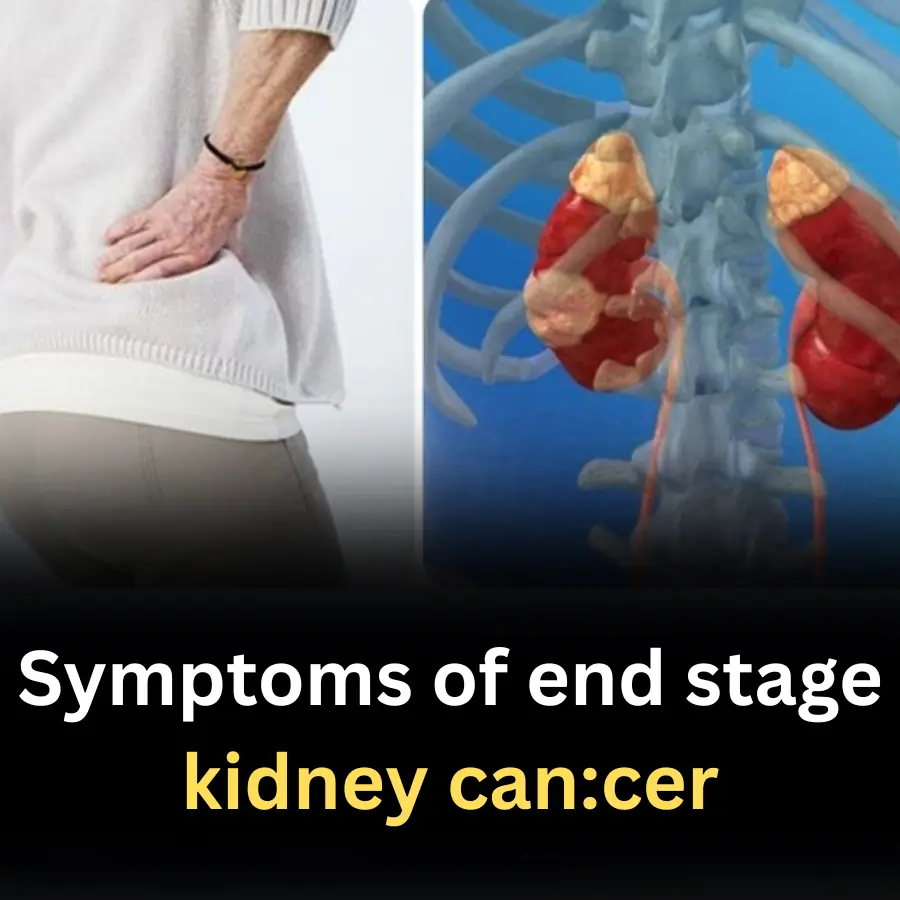
Symptoms of end stage kidney can,cer

4 best vegetables to help prevent canc.er

This fruit is extremely high in starch but helps reduce blood sugar and prevent 5 types of can.cer

These 3 “Frugal” Habits Are Actually Selling Out Your Health

Types of cooking oils that are good for the heart

When Your Li.ver Is “Drenched” in Fat, Your Body Sends 5 Nighttime Warnings

Man Diagnosed with Kid.ney Failure from 3 "Tasty" Foods
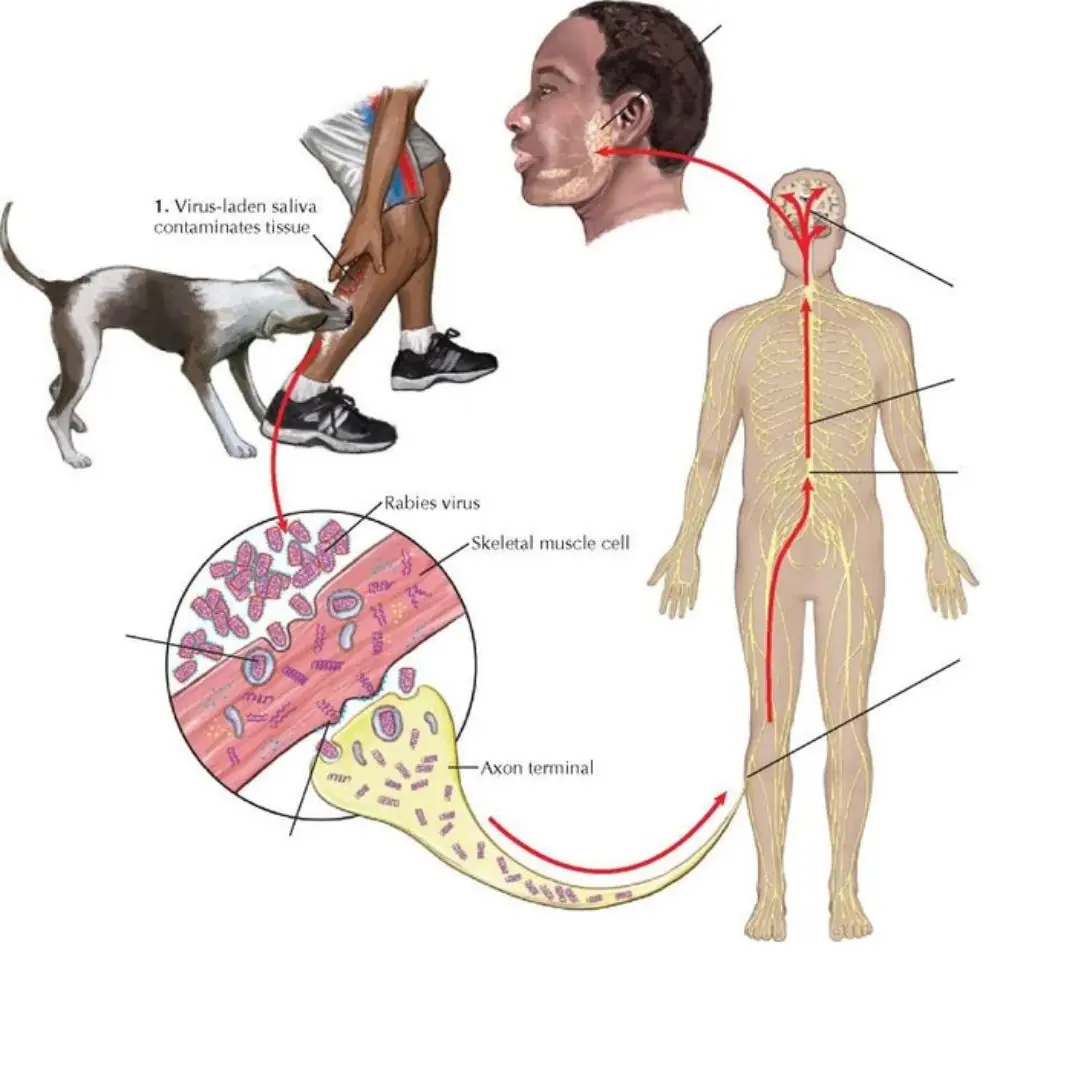
Recognize signs of rabies according to each stage of the disease

Those with gout should absolutely avoid these foods
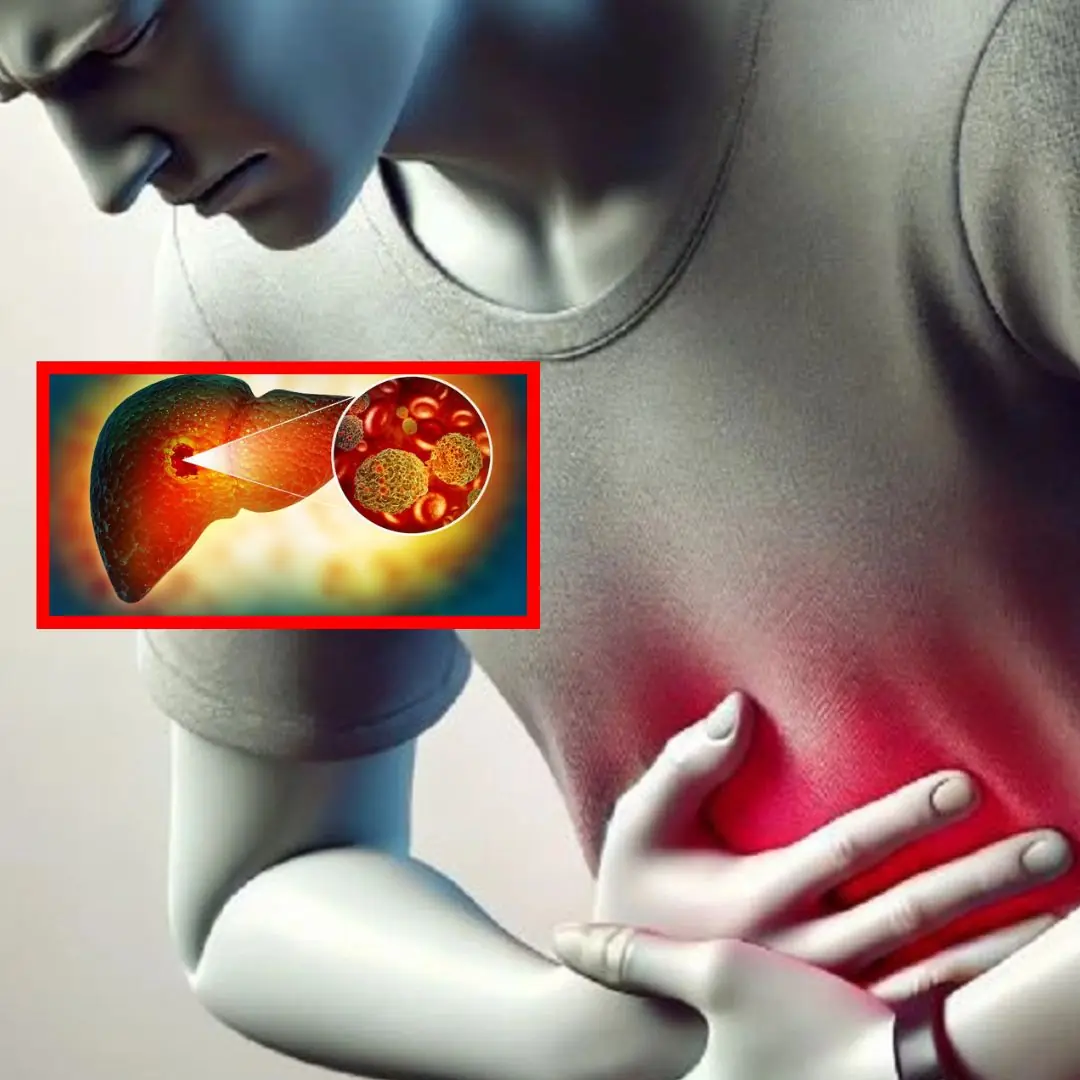
5 Nighttime Symptoms Warning of Fatty Liver

9 'super foods' favored by people over 100 years old
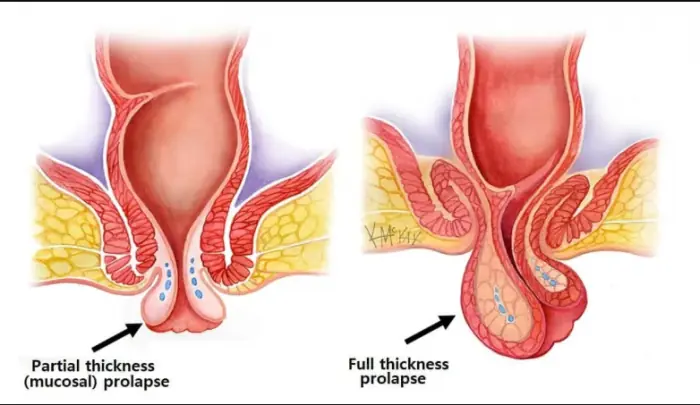
5 Dan.gers of Using Your Phone in the Bathroom

5 groups of people should not drink coffee or it will harm their health

Yellow palms: What is the cause of deficiency? How to cure it completely?

Warning! Stop Putting These 5 Things in the Fridge—They Could Become “Invisible Kil.lers”

6 Everyday Foods You Think Are Safe - But Are Actually To.xic
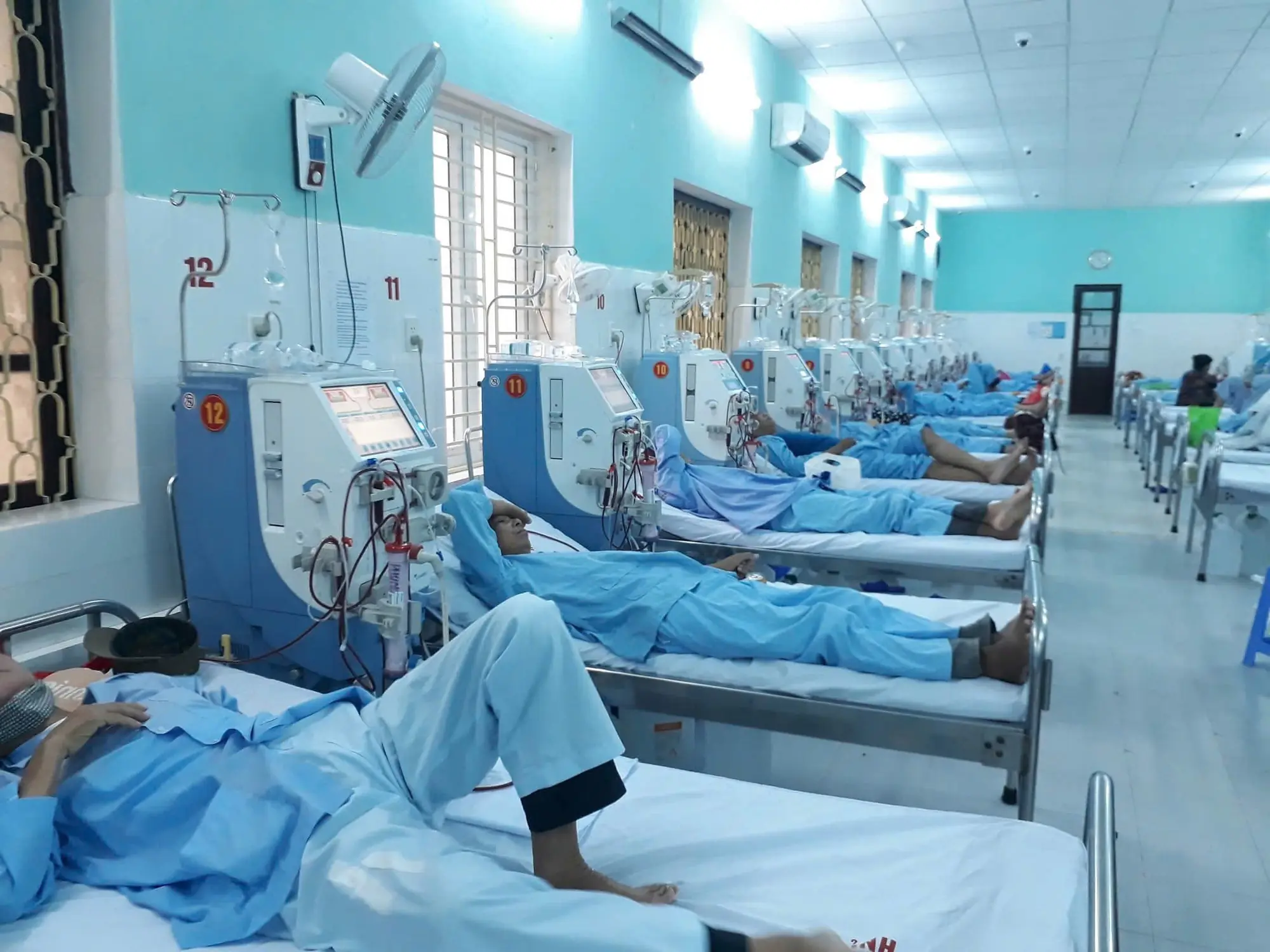
Kidney atrophy before age 30: Doctors warn of 2 habits that cause kidney failure, many people suffer from it
News Post
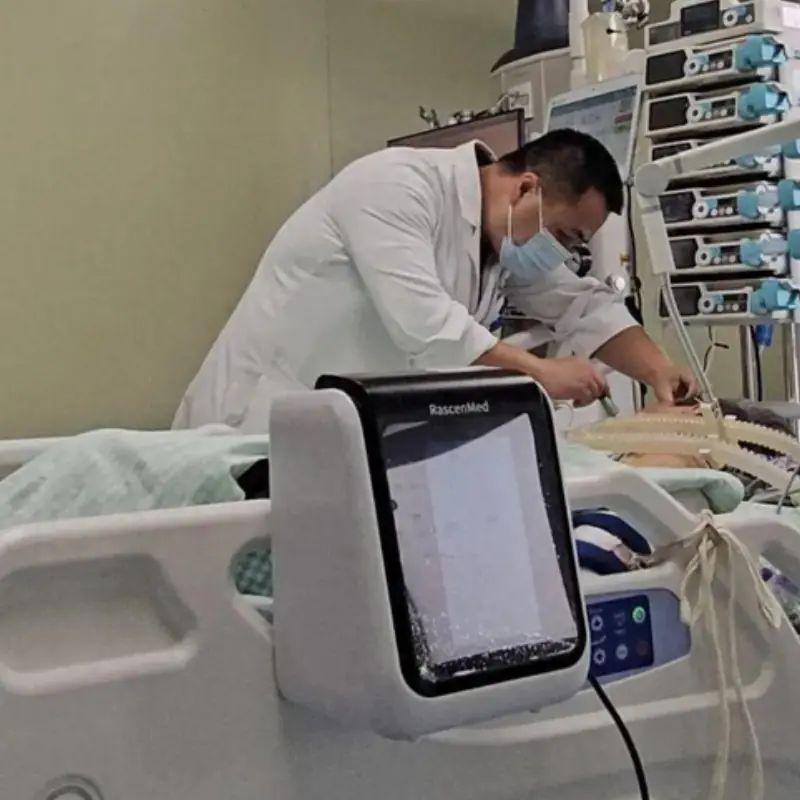
Woman Suddenly Suffers Kid.ney Failure After a Meal

3 Common Yet Har.mful Ways People Store Bean Sprouts — Convenient but Nutrient-Depleting and Risky to Health

Why Dogs and Cats Often Hate Each Other—Most People Don’t Know This

4 Morning Habits That Increase Str.oke Risk—Avoid Them at Any Age

Smart Shoppers Avoid These 3 Types of Fish at the Market

2 Hidden Spots in Your Washing Machine That Make Clothes Dirtier

Not a snake, this is the "kil.ler" that can crawl out of your air conditioner

Doctors Discovered 6 Morning Habits Shared by Most Can.cer Patients

Who should not drink soy milk? 6 things to remember
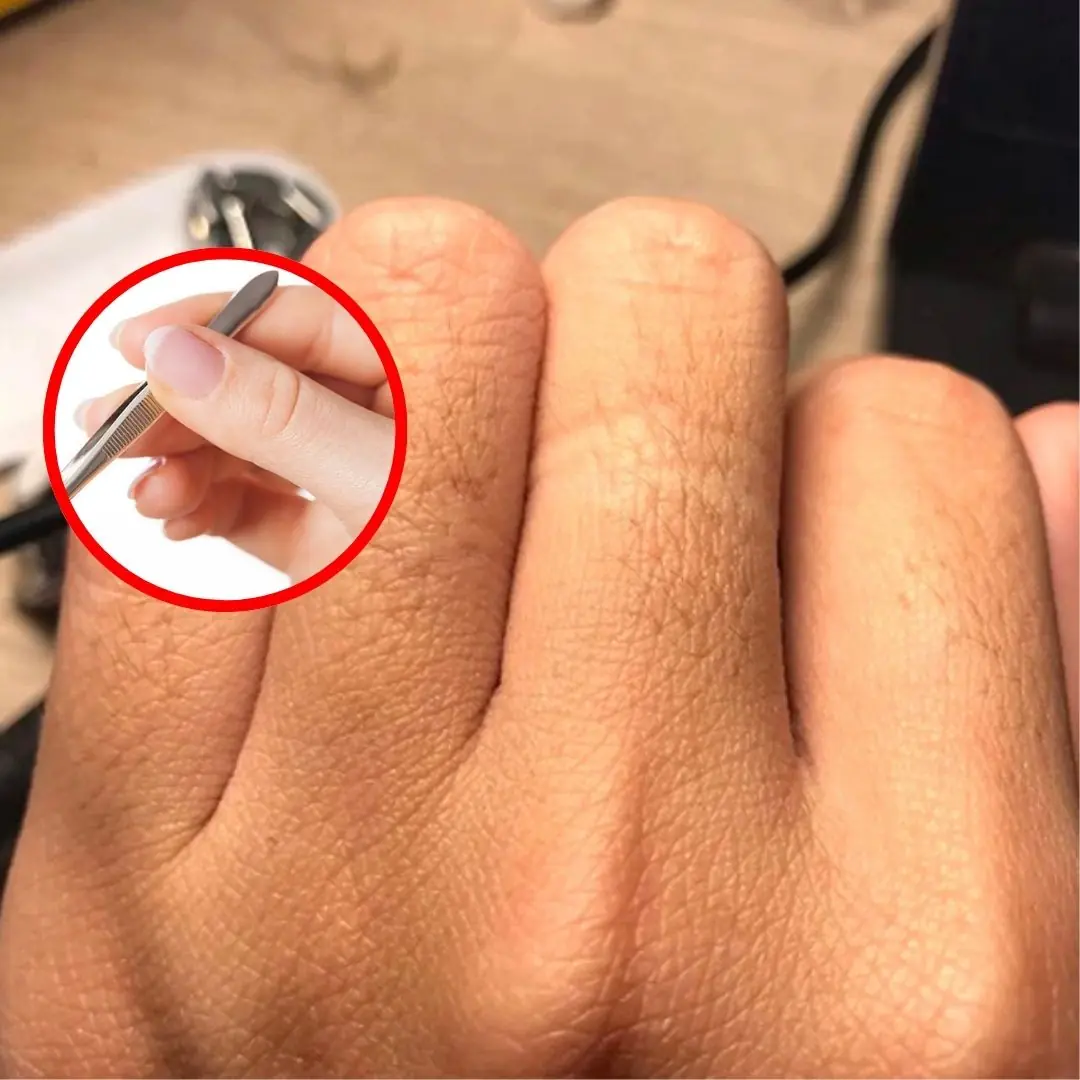
Why do women grow a lot of hair on their fingers?

Understanding Vestibular Disorders: Causes, Symptoms, and How They're Treated

Symptoms of end stage kidney can,cer

20 Signs of Can.cer That Women Often Ignore

4 best vegetables to help prevent canc.er

Summer, how to choose the right naturally sweet ripe watermelon: No need to type, just look at one spot and you'll know right away

2 "hidden corners" of the washing machine that make clothes dirtier the more you wash them, 90% of people don't know

These 5 plants are the "nemesis" of formaldehyde: Swallow fine dust, purify air very well

This fruit is extremely high in starch but helps reduce blood sugar and prevent 5 types of can.cer
